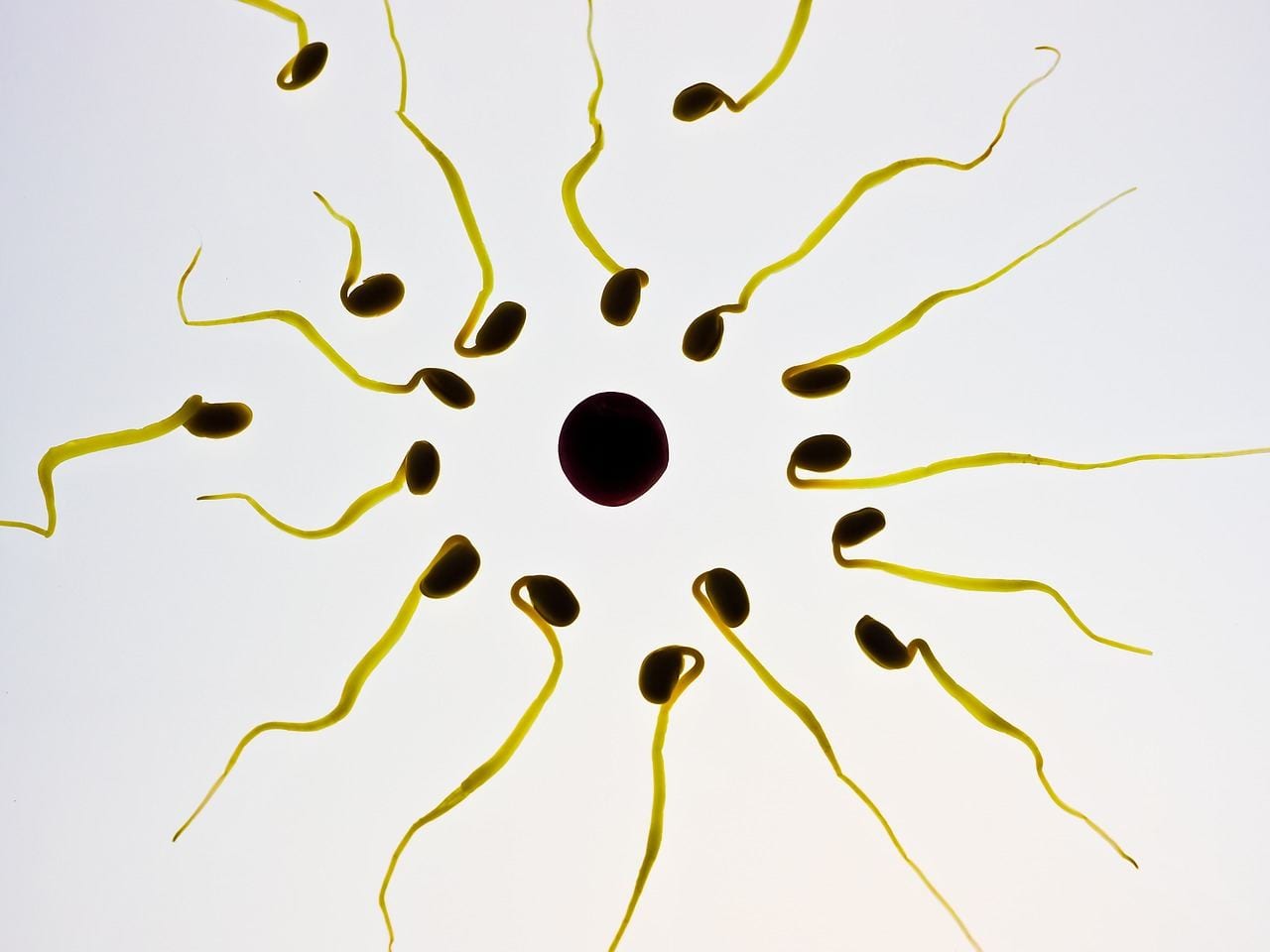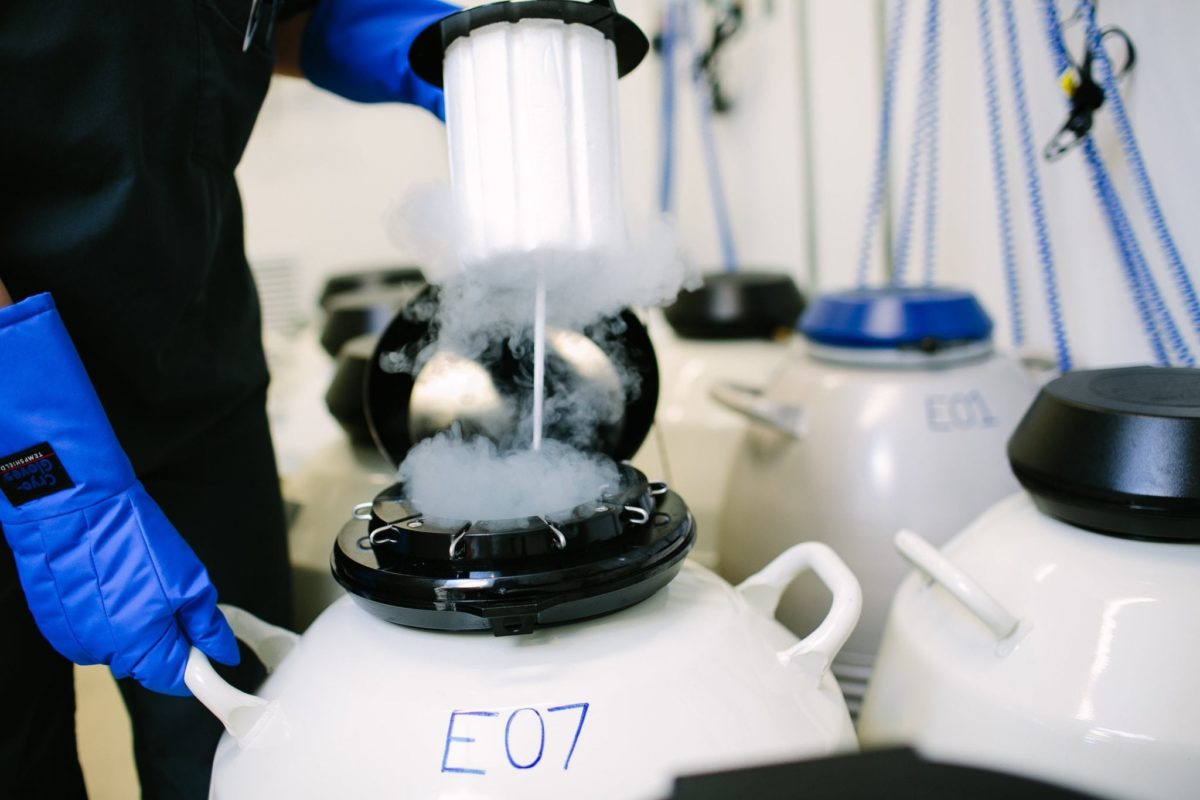
What You Should Know About Egg Freezing
If you do not wish to get pregnant in the near future but wish to preserve your ability to have a biological child when you so choose, you may want to consider oocyte cryopreservation—egg freezing. In addition to being an option for women who want to delay pregnancy, egg freezing is also beneficial for women who have been diagnosed with cancer or other illnesses where the condition itself or the treatment may affect their ability to bear children.
Oocyte cryopreservation should not be confused with embryo cryopreservation which uses fertilized eggs. In oocyte cryopreservation, the eggs are unfertilized which means a woman does not require sperm for the procedure. She can choose donor sperm or her partner’s sperm to fertilize the eggs in the future.
How does egg freezing work?
The egg freezing process starts in the same way a traditional IVF cycle would. Before your eggs are harvested, you will need to start hormone treatment to increase the number of eggs you produce during your menstrual cycle. Normally, women produce only one egg each month but multiple eggs will increase your chances of a successful pregnancy later. When your eggs have matured, they will be harvested using a thin, hollow needle which is inserted through the vagina, guided by an ultrasound probe. Your eggs will be frozen immediately after they have been harvested. When you are ready to use them, they will be thawed, fertilized and then transferred to the uterus.
How long can frozen eggs be kept?
You can keep your eggs frozen for as long as you need, since there is no evidence to suggest that the health and viability of frozen eggs decrease over time. Many healthy babies have been born from IVF procedures using eggs between 5 and 10 years old. The longest an egg has been frozen before being used in a successful IVF procedure is 14 years.
What are my odds of a successful pregnancy using a frozen egg?
Recent advances in technology have made egg freezing more viable. The technique that is currently used is called vitrification. This technique freezes eggs quickly so that potentially damaging ice crystals do not have time to form. With this technique, eggs are more likely to survive the thawing process. Studies have revealed that 80-95% of eggs frozen using this method survive thawing compared to an approximate 30% survival rate with previous techniques. Now, your chance of a successful pregnancy is more reliant on the age at which you choose to have your eggs frozen than anything else. Women who freeze their eggs before 35 years of age have seen the best results. However, if you are 35 years or older, you may still be able to freeze your eggs as each case is evaluated on an individual basis. To assess your chances, you must consult a fertility doctor.
Do you want to freeze your eggs?
If you are thinking about freezing your eggs, come and see us at the Pacific Centre for Reproductive Medicine. At our IVF clinics in Vancouver, Surrey, Burnaby and Edmonton we use the latest technology and techniques. Our team of experienced fertility doctors and other experts will focus on your needs to provide comprehensive IVF and reproductive medical care. We will assess the viability of your eggs and answer any questions you may have. So, give us a call today to schedule an appointment with one of our fertility specialists.
Related Posts
Categories
About the PCRM Blog
Welcome to the Pacific Fertility Centre for Reproductive Medicine Blog! Nationally and internationally recognized for providing exceptional reproductive care, our team believes in empowering people with the knowledge they need to navigate their unique fertility journeys.
From information on the latest fertility treatments to valuable insights on egg donation, surrogacy, and everything in between, the Pacific Centre for Reproductive Medicine Blog is your ultimate resource for all things reproductive care and support. Read on to learn more, and contact us today if you have any questions or want to schedule a new patient appointment.

